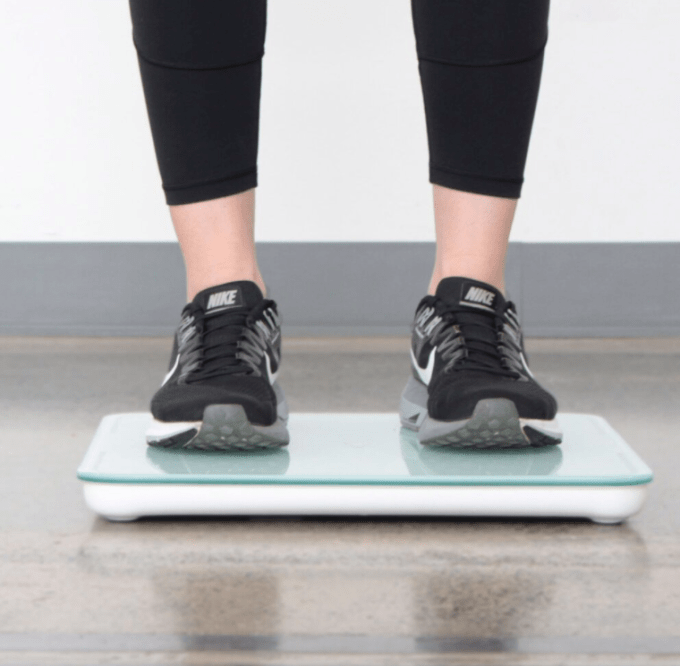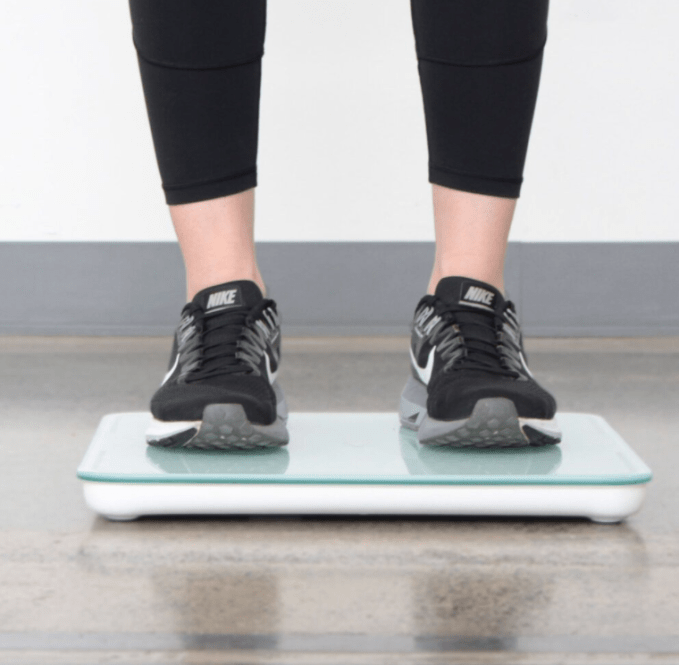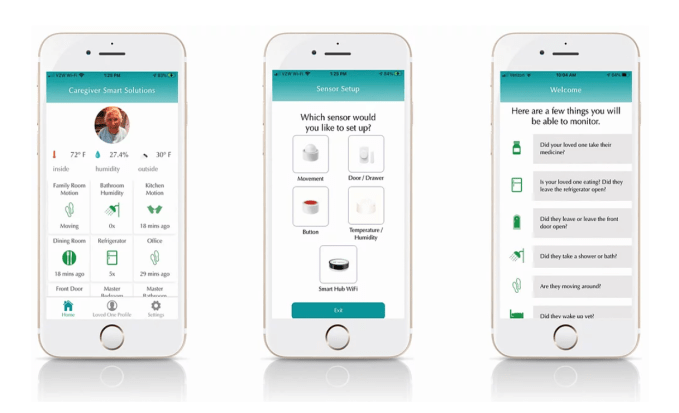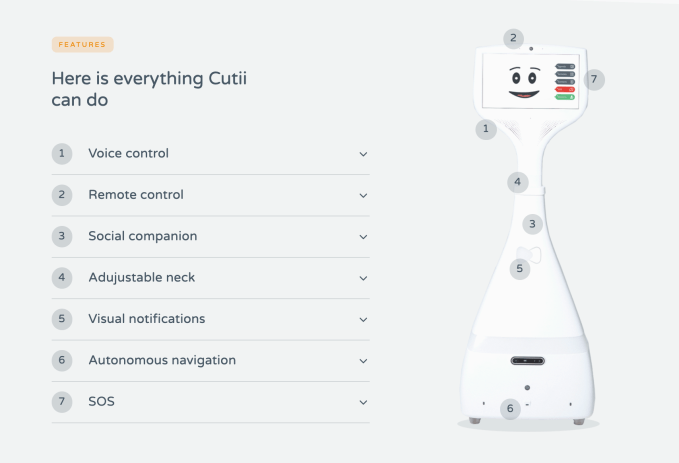The COVID-19 pandemic shined a harsh spotlight on the challenges many elderly people face. Older adults are among the highest-risk groups for developing cases that need hospitalization and nursing homes were especially vulnerable to outbreaks. While dealing with COVID-19, the elderly have also faced many other problems, including the difficulty of accessing medical care for chronic conditions during lockdowns and isolation.
Many of these issues won’t go away after the pandemic. According to the United Nations, the global population of people 65 and over is growing faster than any other age group. At the same time, there is a critical shortage of caregivers, especially for elderly people who want to continue living at home instead of moving into nursing homes.
Tech can help in many ways: by helping caregivers (and reducing burnout), allowing seniors to perform health monitoring at home and creating tools to combat isolation. During CES, there were several “age-tech” presentations. One of the most notable was AARP Innovation Lab, the non-profit’s startup accelerator program. It presented nine companies at the virtual show.
One common theme among AARP’s group was tech that helps elderly people “age in place,” or stay in their homes or communities instead of moving into a nursing home. For example, Wheel Pad designs accessible home and work spaces that can be installed into existing structures and sites. Mighty Health is an app that pairs users with health coaches, certified trainers and personalized nutrition plans, while Zibrio, a scale that assesses users’ balance to predict if they are at risk for a fall, can also be incorporated into at-home routines.
Other startups from AARP Innovation Lab focus on helping caregivers, too. For example, FallCall Solutions’ creates Apple Watch apps that send alerts if a fall is detected and help family members check on users. Another app, called Ianacare, helps family members coordinate caregiving tasks and ask for support. End-of-life planning is one of the most emotionally difficult processes for families, and Cake, an “end-of-life platform” helps by providing tools for estate and health care planning, as well as resources to help relatives cope with caregiving issues and grief.
Other startups center on medical care. For people with chronic conditions, Folia Health helps monitor the progress of treatments. On the clinical side, Embleema’s software allows clinical investigators to share data and design studies, making pharmaceutical research more efficient.
Other noteworthy age-tech startups at CES included Nobi, a smart lamp that automatically turns on when users stand up and sends alerts to family members if they fall. Nobi can also be used in residences and nursing homes.
Caregiver Smart Solutions is a multi-faceted platform that makes it easier for seniors to stay at home with a machine learning-based app for early detection of potential health issues, fall sensors, monitors and emergency buttons. For people with incontinence, DFree, a wearable device, can reduce stress by monitoring how full their bladder is with an ultrasound sensor and keeping track of their average time between bathroom visits. It’s available for both consumers and health care facilities.
For elderly people living in nursing homes, Rendever is a virtual reality platform that wants to help reduce isolation. It can be used with reminiscence therapy, which guides individuals with dementia through experiences that remind them of their pasts, and to allow virtual travel to landmarks. Cutii, a companion robot, also seeks to reduce loneliness. While companion robots have been a mainstay of CES for years, Cutii sets itself apart with entertainment like music, games and live events. It also has video call and night patrol features.

















